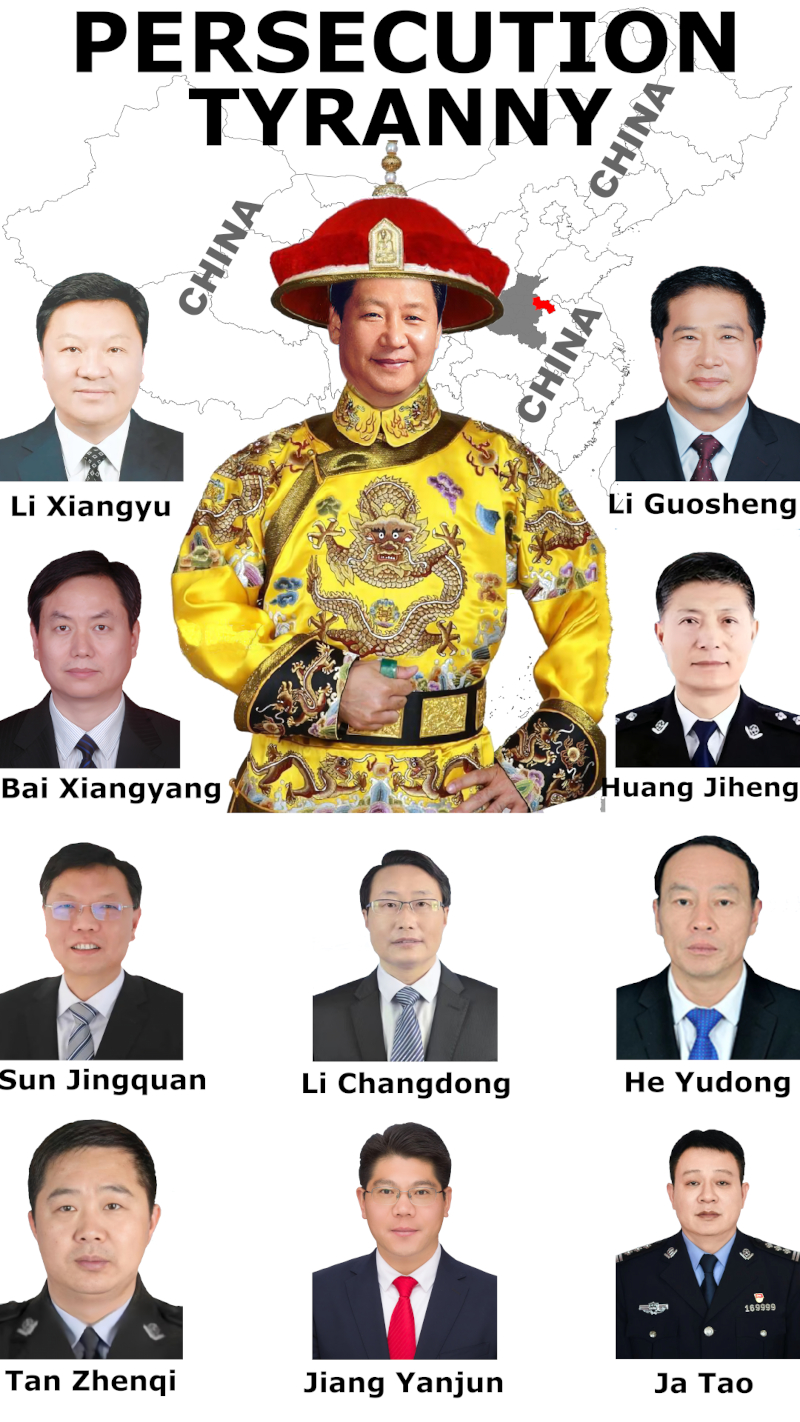On October 1, 1949, the Chinese Communist Party (CCP) regime was proclaimed in Beijing. The CCP celebrates it as "the nation's founding day". But for hundreds of millions of Chinese citizens, October 1st is not a day of liberation—it is a day of enslavement, the moment when the dream of a free and democratic China was crushed under one-party rule.
In the early decades, Mao Zedong's policies brought famine, political terror, and mass persecution. After his death, limited reforms and economic opening gave the world a sense of cautious optimism. Democracies assumed that prosperity would naturally lead to political liberalization. This assumption has guided Western policy for decades, from President Nixon's opening to China to President Clinton's embrace of engagement. Engagement was meant to draw China closer to the international community and gradually encourage openness.
Those hopes proved misplaced: cooperation produced confrontation, and goodwill was repaid with hostility. Under Xi Jinping, this trajectory has reached its darkest point.
Xi has dismantled the fragile facade of reform. He has centralized power on a scale unseen since Mao, abolished term limits, suffocated independent thought, and extinguished even the faintest space for dissent. China's legal system—once pretending to uphold certain standards—has dispensed with even the slightest pretense of justice. Citizens live under constant surveillance and fear, while critics and activists vanish into detention without due process.
Beyond its borders, Xi has pursued an aggressive, combative foreign policy, often described as "wolf warrior diplomacy". His regime seeks to project totalitarian influence abroad, weaponize trade, and challenge the norms of the democratic world. In doing so, Xi has transformed China from a potential partner into a strategic adversary for many nations.
October 1st should therefore be seen not as a celebration, but as a reminder of how far China has fallen from the ideals of liberty and self-determination. For the Chinese people, it marks a long era of unfreedom. For the international community, it is a lesson in misplaced trust: totalitarianism does not soften through engagement when those in power are determined to preserve it at all costs.
If China should one day achieve freedom, October 1st will no longer serve as a day of state propaganda. Instead, it will be remembered as the day China lost its way—and as a warning of how easily hope can be betrayed.





